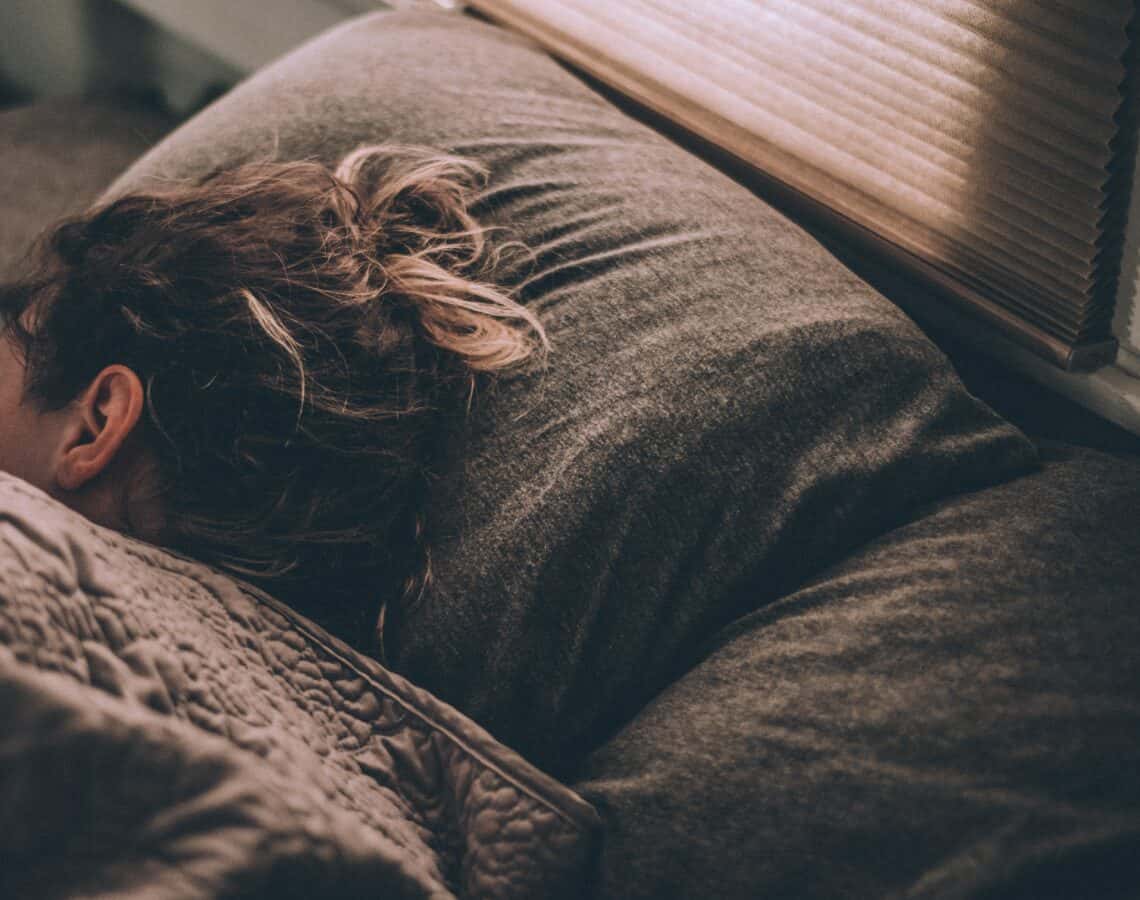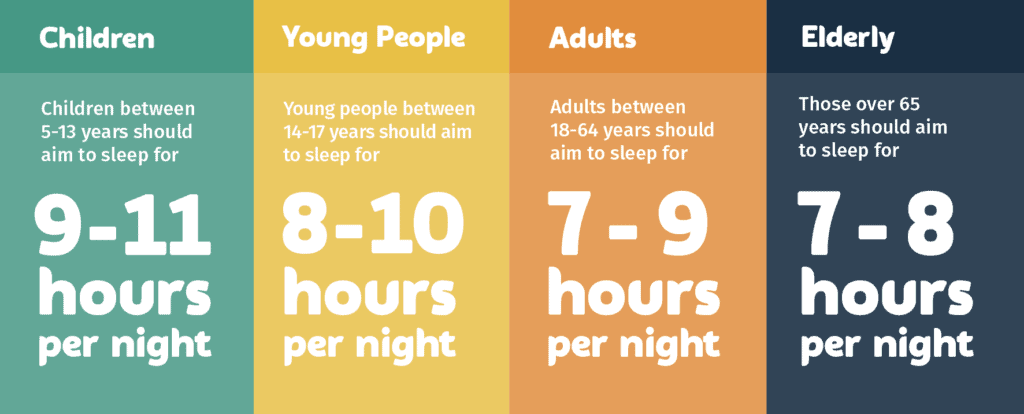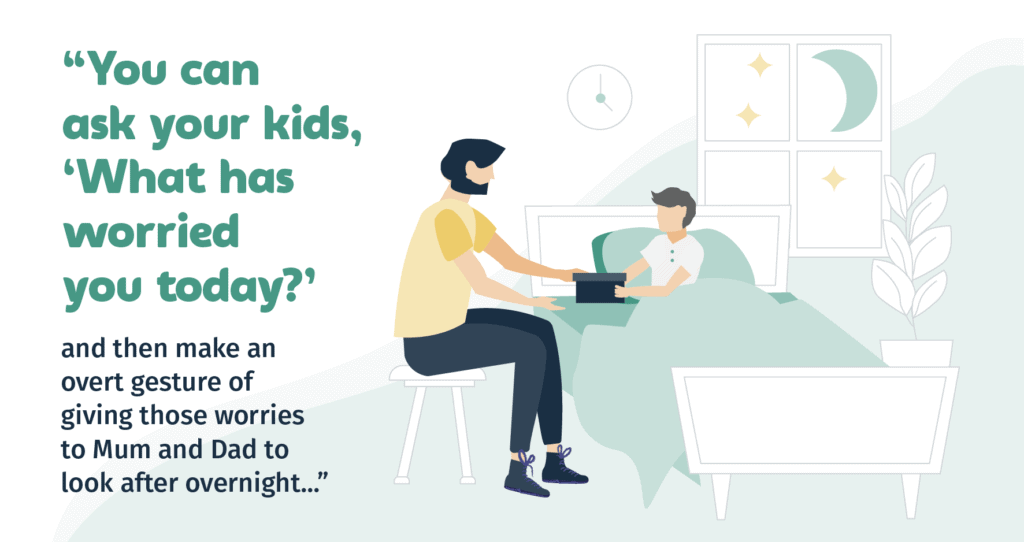How to sleep well when you’re feeling stressed

In times like these, it’s not unusual to have trouble sleeping, but it’s important you find a way to relax, rest and recharge. Make some simple and straightforward changes to your lifestyle and reap the rewards. Read on …
Associate Professor Honey Heussler, a Development and Behavioural Paediatrician from the University of Queensland’s Child Health Research Centre with a dual qualification in Sleep Medicine, warns that in times of great stress or adversity, it can be easy to fall into a vicious cycle of anxiety and sleeplessness.
“Stress and anxiety can significantly impact the quality of your sleep, and if you’re not getting enough sleep, you’re more likely to feel stressed and anxious,”
Of course, it is possible to break this cycle. Associate Professor Heussler says, “That’s why you need to make it a priority to get a good night’s sleep in stressful times.”
Here are five things you can start doing right now to improve your sleep and boost your physical and mental wellbeing.
Routine, routine, routine
The most important step to becoming a better sleeper is developing a sleep routine. It might be tempting to sleep in or stay up late, especially if you’re working from home, but if you can settle into a regular routine, your body’s circadian rhythm (your sleep/wake cycle) will thank you.
“Even if you’re working or studying from home, my tip would be to stick to the same wake-up time as a normal workday or schoolday,” Associate Professor Heussler says. “Set that time in stone, and get some exposure to bright light early in the day—that will help you to synchronise your sleep cycle.”
“At the other end of the day, you need to develop a calming and relaxing routine that works for you before you go to bed. Warm baths are particularly helpful for people who are having trouble sleeping, because the drop in temperature afterwards signals to your body that it’s time to go to sleep.
“When you follow the same routine every morning and every night, you should find it much easier to get a good night’s sleep.”
Adults aged between 18 and 64 are recommended to sleep for 7 to 9 hours per night. Children (5-13 years) should sleep for 9 to 11 hours, while young people (14-17 years) should aim for 8 to 10 hours, and people over 65 should get 7 to 8 hours.
Count backwards from your ideal wake-up times to find the ideal bedtimes for you and your family members.

Disconnect and decompress
Many of us are glued to our screens at the moment, but it’s important that you don’t take bad news to bed with you. While it’s vital to be informed, Associate Professor Heussler says it’s also important you give yourself time to clear your head before you hit the pillow.
“I think it’s a good idea for both adults and adolescents to switch off the nightly news and try not to look too much at social media in the evenings, because it just heightens anxiety,” she says.
Regardless of the content, the bright light emitted by TVs, phones, computers and video games is also believed to disrupt melatonin levels (melatonin is the hormone that helps us sleep), and can overstimulate us when we should be calming down and preparing to sleep. Associate Professor Heussler recommends switching off screens at least half an hour before bed.
For parents of young children, Associate Professor Heussler recommends giving anxious kids an outlet to express their worries before they go to bed.
“You can ask your kids, ‘What has worried you today?’, and then make an overt gesture of giving those worries to Mum and Dad to look after overnight,” she says. “You could ask them to draw pictures of their worries and lock the pictures in a box, or put them in an envelope to give to you to look after. That can help anxious kids to put their worries away for the night.
“It’s important to be able to talk to your kids about their anxieties and stresses, but you also need to prioritise calming yourself. That might include a distraction before bed, like reading a few pages of a book to stop your thoughts just running ‘round and ‘round in circles.”

Set boundaries
If you’re working or learning at home, it’s crucial that you establish a dedicated ‘sleep zone’ that doesn’t overlap with your ‘work zone’.
“Day needs to be different from night,” Associate Professor Heussler says. “When people are having trouble getting off to sleep, one of the first things I recommend is for them to establish that their bed is for sleeping only. Don’t loll around on the bed during the day, and if you are working from home, don’t wear your PJs to ‘work’ and don’t bring your work computer into the bedroom.
“It’s important that you maintain the line between work and sleep, so your body and brain can tell the difference.”
Get active
We all know exercise is great for our physical health, but it can be just as beneficial for our mental health, too. Aim to be active and exercise for at least 30 minutes each day, and you should find it easier to wind down at the end of the day.
“As well as all the usual health benefits, exercise helps you to get into a routine, and it can be a welcome distraction,” Associate Professor Heussler says. “At times like this, we might feel inclined to exercise less, but it can be very beneficial in helping with sleep and your general wellbeing.
“Just don’t do it right before bed, because then you’ll still be alert and engaged when you’re trying to sleep. You need to give yourself time to calm down and relax.”
Watch what you eat and drink
If you maintain a healthy and balanced diet, you’ll give your body the nutrition it needs to work during the day and rest at night.
Aim for a variety of fruit and veggies, lean meat, legumes and/or beans (which are good source of protein), two to three serves of dairy, and three to six serves of grains each day – your minimum recommended servings will vary according to your age, gender and life stage – and make sure you drink plenty of water. Avoid eating large meals close to bedtime.
Associate Professor Heussler recommends that you avoid caffeine after lunchtime—it stimulates you, which isn’t what you want before bedtime—and avoid alcohol close to bedtime.
“You might think alcohol helps you to get off to sleep, but it’s not good quality sleep,” she says. “People who drink alcohol before they go to bed will often struggle to sleep without interruptions throughout the night, and wake later in the morning.”
Still struggling to sleep?
If you’ve followed these tips and are still struggling to relax and sleep, make an appointment with your GP to determine if a health issue or sleep disorder could be the cause.


